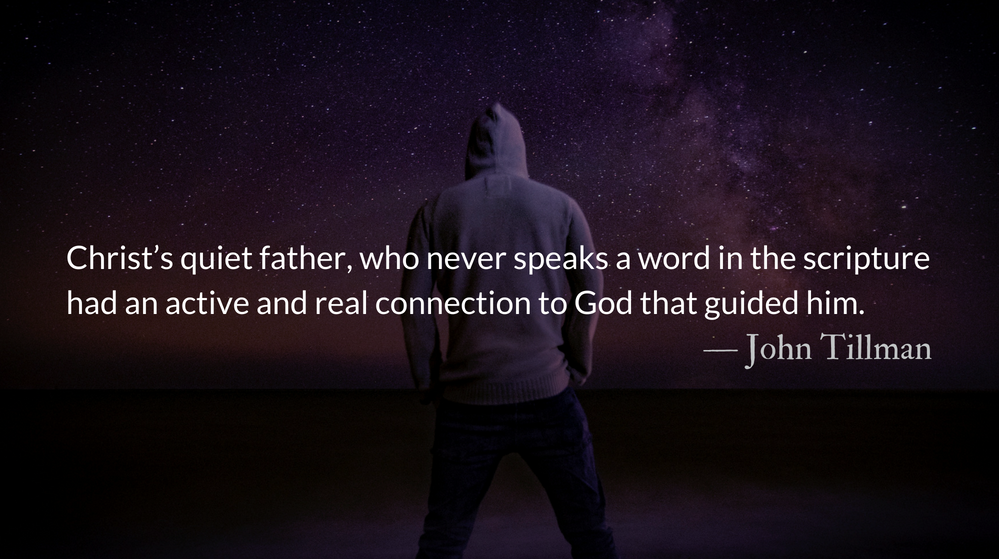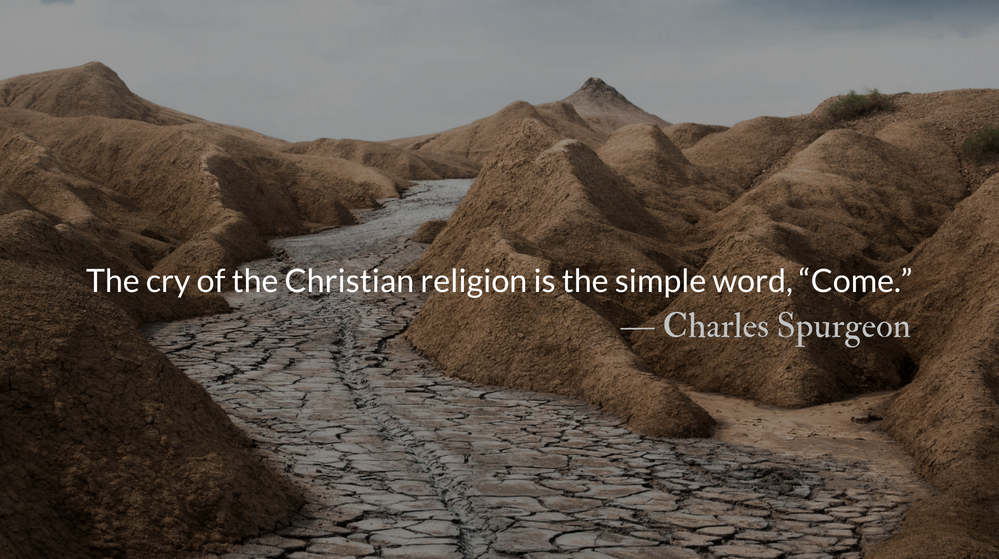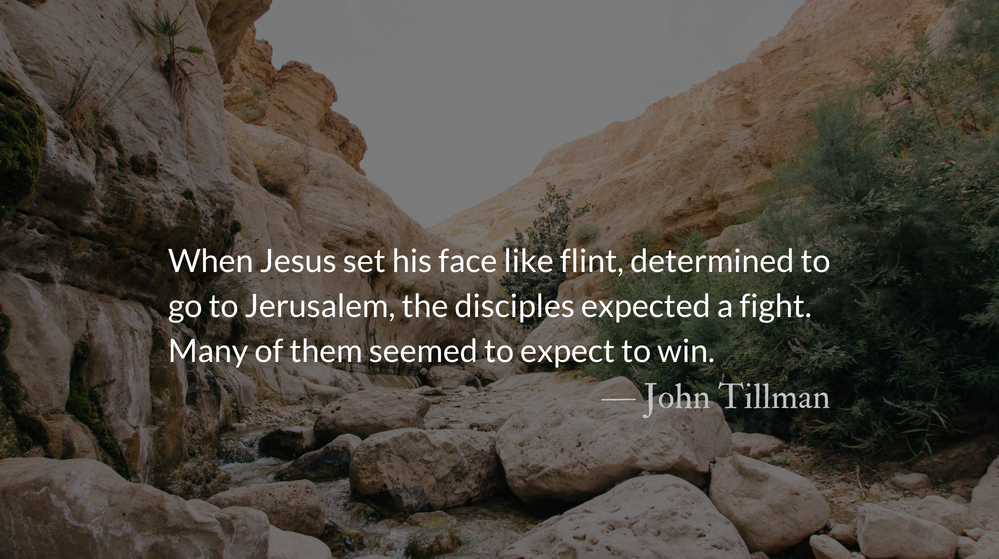Scripture: Matthew 2.13
An angel of the Lord appeared to Joseph in a dream.
Reflection: Dream Like Joseph
By John Tillman
When we think of Joseph and dreams, we aren’t usually thinking about the New Testament. To further confuse the issue, both of the Bible’s dreaming Josephs are sons of Jacob and lived for a time in Egypt.
But even though Joseph of the Old Testament had more famous and fabulous dreams, Joseph the husband of Mary had dreams eminently more practical, more spiritual, and not requiring interpretation.
From the perspective of Jews at that time, God seemed to be missing from the world. His prophets had gone silent. His mighty actions and prophecies had become words in a book that some did not believe. Those who studied his commands most diligently, interpreted them to their own advantage and used scripture to oppress rather than free others.
Some of this situation certainly sounds familiar to us today. The loudest voices claiming to speak for God seem cruel and self-serving, and God himself seems indifferent. Until we focus on one small, poor, and powerless family.
One of the remarkable things about Mary’s Joseph is his connection to God. In a world that had seen no word from God in generations, Joseph’s dreams come with regularity and with specific, actionable intelligence and guidance. His son would become a mighty prophet, speaking and embodying God’s words to the multitudes, but Christ’s quiet father, who never speaks a word in the scripture had an active and real connection to God that guided him.
Into this tension and silence of the time they lived in, God spoke. Mary, and Joseph after her, answered, “yes.” They accepted the danger. They accepted the unknown. They accepted the inevitable suffering of being called by God. They accepted the world-flipping power shift that would start with Mary and be concluded by her first-born son.
What started as an invasion became an incarnation. What started as a world shaking disruption became the only firm foundation.
May we pray and dream as Joseph did. For only with a spiritual connection can we do what we must as a part of our calling.
May we accept the incarnation of Christ into our lives…
Despite the suffering it will bring to us…
Despite the exile we will experience…
Despite the governments from which we will have to flee…
Or the cultural shunning that we will experience…
Let us manifest Christ.
Prayer: The Greeting
O Lord, I cry to you for help; in the morning my prayer comes before you. — Psalm 88.14
– Prayer from The Divine Hours: Prayers for Springtime by Phyllis Tickle.
Full prayer available online and in print.
Today’s Readings
Isaiah 54 (Listen – 3:14)
Matthew 2 (Listen – 3:18)
This Weekend’s Readings
Isaiah 55 (Listen – 2:11) Matthew 3 (Listen – 2:17)
Isaiah 56 (Listen – 2:11) Matthew 4 (Listen – 2:17)
Additional Reading
Read More about Godly Silence
The Bible urges us to experience silence as a spiritual discipline. I believe we would be astounded by all God wants to say to us and yet He never gets a chance. Silence isn’t just golden, it is godly.
Read More about How to Grow in Prayer
Mastering the art of prayer, like anything else, takes time. The time we give it will be a true measure of its importance to us.











